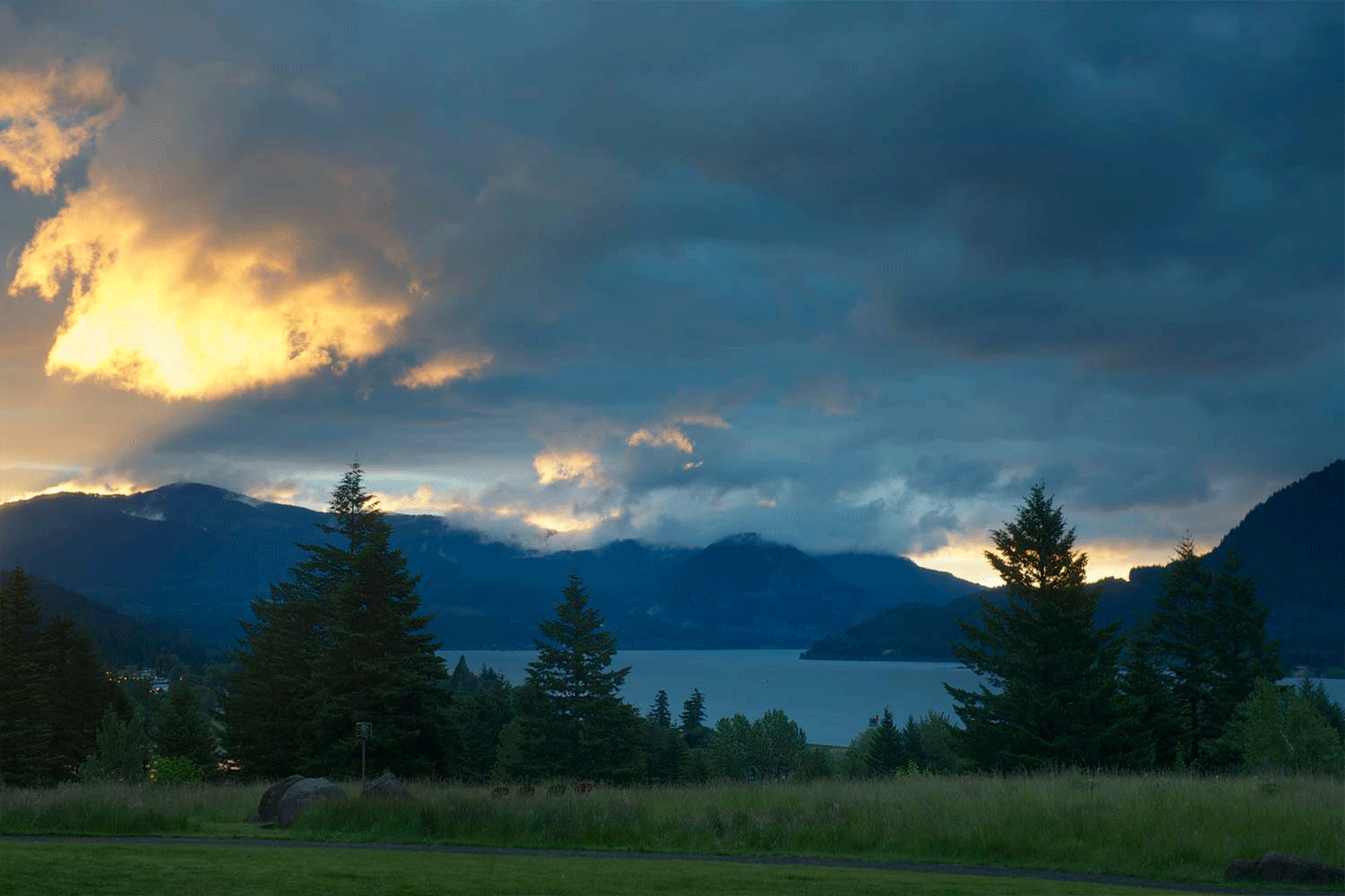New 30 by 30 Report Shows Growth in Recreational Fishing’s Influence
By Mike Leonard, the American Sportfishing Association’s Vice President of Government Affairs

What a difference twelve years makes! A look at similar policies announced over that time period shows that the recreational fishing community has come a long way in elevating ourselves as a major political force.
In 2009, the Obama Administration released an executive order creating a National Ocean Policy that the American Sportfishing Association (ASA) and many in the recreational fishing community feared would lead to the creation of new marine protected areas throughout the country through a vague and ominous “coastal and marine spatial planning” process.
The first official report we saw from the White House on how this policy would be implemented did nothing to alleviate our fears. The report’s only references to fishing were in the context of “overfishing.” The only reference to recreation was a bland statement that the oceans “are a source of recreation,” without suggesting that this is even a good thing. Conversely, the word “protect” appeared over 20 times.
That report only further fueled our fears that the National Ocean Policy was going to be California Marine Life Protection Act (MLPA) on the national level – with vast areas of the ocean closed to fishing with no scientific basis under the guise of “protecting” the ocean.
While some of the details may have been embellished a bit, our concerns ended up making national news thanks to an opinion piece in ESPN Outdoors that went viral (yes, “going viral” was already a thing 12 years ago).
That episode prompted the administration finally giving us the attention we deserved. Future reports provided greater recognition of our priorities, and ultimately the National Ocean Policy didn’t amount to much beyond a few regional coordination efforts that never came close to impacting fishing regulations.
Fast forward to last week’s unveiling of President Biden’s plan to conserve 30% of all lands and waters by 2030, which is part of a global initiative known as “30 by 30.” While anglers are among the nation’s leading conservationists, the 30 by 30 concept has generated fears that it could lead to unwarranted fishing closures. A poorly conceived 30 by 30 bill in California last year showed us that this is a serious possibility.
While our concerns about 30 by 30 are still very much real depending on what form it takes, the Biden Administration’s initial 30 by 30 report released last week demonstrates that they heard us loud and clear from the outset. The sportfishing community’s recommendations, which you can read about at www.huntfish3030.com, were well captured in the report. Here are some excerpts:
- “Rather than simply measuring conservation progress by national parks, wilderness lands, and marine protected areas in the care of the government, the President’s vision recognizes and celebrates… the contributions and stewardship traditions of America’s hunters, anglers, and fishing communities”
- “Notably, the President’s challenge specifically emphasizes the notion of “conservation” of the nation’s natural resources (rather than the related but different concept of “protection” or “preservation”)”
- “The conservation value of a particular place should not be measured solely in biological terms, but also by its capacity to… unlock access for outdoor recreation, hunting, angling, and beyond”
- “Additional conservation can and should improve access for hunting, fishing, hiking, boating, and other forms of outdoor recreation. Improved access to public lands and waters—in an equitable, well-managed and sustainable manner—can broaden and deepen connections to nature and its benefits, and encourage the next generation of outdoor stewards. Hunters, anglers, and other outdoor enthusiasts have not only played a positive role in stewarding our nation’s lands, waters, and wildlife, but they also generate significant economic benefits to local communities.
That’s a whole lot better than just a couple references to overfishing!
None of this is to say we’re taking a victory lap and calling it a day. The recreational fishing community still has a ton of work ahead of us to ensure 30 by 30 stays on track as it is implemented at the federal level and any states where it might emerge.
But unlike in 2009, when we struggled to get the administration in its National Ocean Policy to recognize that recreational fishing exists, this time recreational fishing, and all the benefits it provide to the nation, are being embraced from the outset. This puts us in a good position to help steer 30 by 30 discussions as they move forward.
Hopefully it won’t take another “President to ban fishing” headline to get things rightsized.

Share This Article, Choose Your Platform:
Recent Posts


